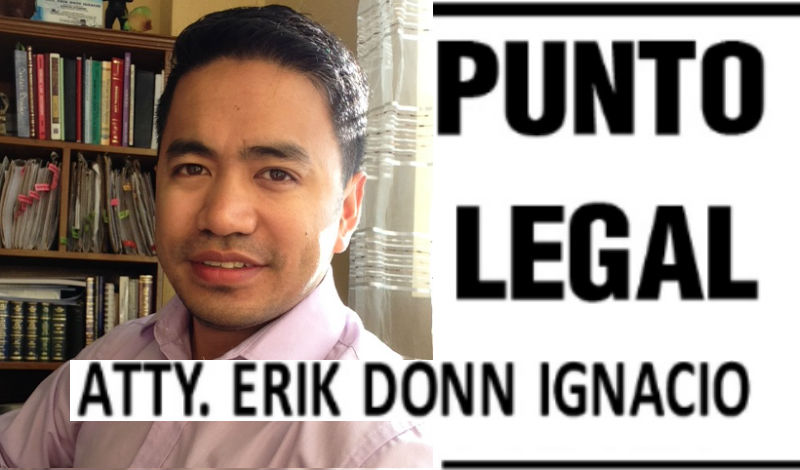I often hear people say that they will file a case in court and demand for moral damages. “Moral damages” is perhaps one of the least understood or abused legal concepts . In most pleadings filed in court, a claim for moral damages usually accompanies other claims and when I was starting my law practice the more senior lawyers advised me to “always include it in your pleadings”. Among non-lawyers, their notion of the concept might not be accurate since they might associate the word “moral” with “morality”. Our Civil Code defines Moral Damages: “Art. 2217. Moral damages include physical suffering, mental anguish, fright, serious anxiety, besmirched reputation, wounded feelings, moral shocks, social humiliation, and similar injury. Though incapable of pecuniary computation, moral damages may be recovered if they are the proximate result of the defendant’s wrongful act or omission.” It does not mean however, that any case case of physical suffering or mental anguish entitles a person to claim for damages. Art. 2219 of the same Code enumerates the instances when moral damages may be recovered: “Moral damages may be recovered in the following and analogous cases: (1) A criminal offense resulting in physical injuries; (2) Quasi-delicts causing physical injuries; (3) Seduction, abduction, rape, or other lascivious acts; (4) Adultery or concubinage; (5) Illegal or arbitrary detention or arrest; (6) Illegal search; (7) Libel, slander or any other form of defamation (8) Malicious prosecution (9) Acts mentioned in article 309; (10) Acts and actions referred to in articles 21, 26, 27, 28, 29, 30, 32, 34, and 35.”
In an old case back in 1961, a client sued his lawyer and demanded among others, moral damages due to the non-perfection of his appeal. The court denied the award of moral damages because the case doe not fall under any of the enumerations stated by the Civil Code. Said the Supreme Court: “Since the appellant’s cause of action for recovery of moral damages is not predicated upon any of those specifically enumerated, the trial court did not err in declining to award moral damages to him.” (Ventanilla vs. Centeno, G.R. No. L-14333, January 28, 1961) It is not enough or sufficient for a person to suffer those enumerated in Article 2217. These feelings, emotions, or sufferings should have resulted from those enumerated in Article 2219. In a more recent case of People vs. Oandasa, the Supreme Court, in its decision narrated the history of civil indemnity in our jurisdiction. The case involves murder and frustrated murder and but in the complaint, moral damages was not among those alleged or prayed for. The Supreme Court on appeal upheld the conviction of the accused and included the award of moral damages. It said: “Similarly, moral damages are allowed even without allegation and proof, it being a certainty that the victims’ heirs were entitled thereto as a matter of law.” (People vs. Oandasan, G.R. No. 194605, June 14, 2016). Under ordinary circumstances, the determination of damages should have been through presentation of evidence and this can only be done at the trial court. The Supreme Court not being a trial court, would have remanded the case to the trial court for the reception of evidence but since according to the SC itself, the heirs of the victims are entitled to moral damages as a matter of law.













